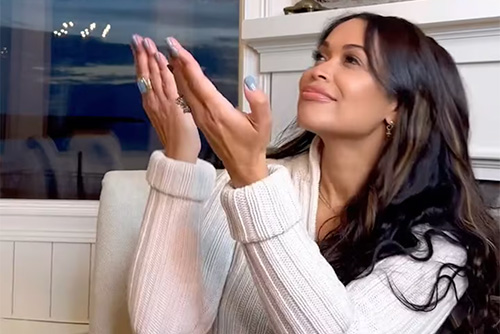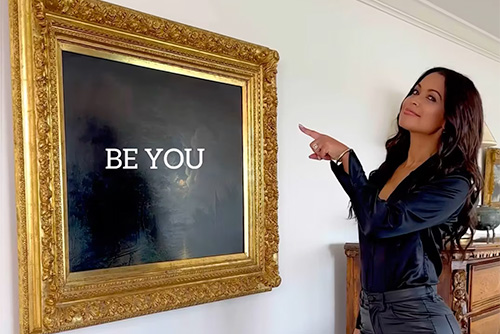Be ready to succeed with our motivational and career tools!
Tips To Help You Achieve Your Career Goals
Setting career goals is pivotal to your professional growth, anchoring ambition into actionable plans. Continue reading to discover practical advice to help you achieve your career goals. Lasting behavior changes require practice, and by following these tips, you’ll build a solid foundation for your future. Define Your Career Goals Begin by setting clear, specific, and achievable goals. They should reflect your interests and values. Aim for the stars, but ensure that you firmly plant your feet in reality. Rational ambitions are more likely to materialize, and when they do, they serve as stepping stones to loftier objectives. Seek Mentorship In the maze of your professional life, a mentor acts as a seasoned guide, offering support and wisdom. They’ve walked similar paths and can suggest shortcuts, share their hard-earned knowledge, and provide advice that the internet can’t. A mentor can be the megaphone to your goals, amplifying your potential. Continuous Learning In today’s fast-evolving job market, the quest for greater knowledge is like a cosmic certainty. Continual learning sharpens your existing skills and equips you with new ones. Education forms the bedrock of progress, providing the tools to fortify your career architecture. Network Strategically Building a network ensures you connect to opportunities, support, and valuable insight. Every conversation is a potential seed that could grow into a chance one day, as long as you nurture your professional relationships thoughtfully. Embrace Challenges Challenges are more than just roadblocks; they’re builders of character and emblems of progress. Confront them with the mindset of a problem-solver. A challenge met today is an experience earned and a lesson learned for tomorrow’s milestones. Stay Organized The digital age presents many tools to keep you on the path to your goals. Whether it’s a classic day planner or a state-of-the-art app, organization ensures you can focus on your ambitions rather than the chaos that life can sometimes bring. Celebrate Achievements Each small victory is a pivotal step toward your professional dreams. Learn to stop and celebrate these milestones, for they indicate a life in motion. Recognizing your achievements is rewarding and a reminder of the direction you’re moving. Adapt and Pivot Being open to adjusting your goals in response to new information or changes in your professional landscape signifies resilience and wisdom. Acknowledging that staying true to your ambitions doesn’t mean being inflexible with your methods or objectives is essential. By incorporating these tips into your routine, you’ll set yourself toward reaching your career goals and establishing habits that sustain success over time. Remember, it’s the small acts that lead to significant, lasting change. Cheers to a future navigated by your own compass.












